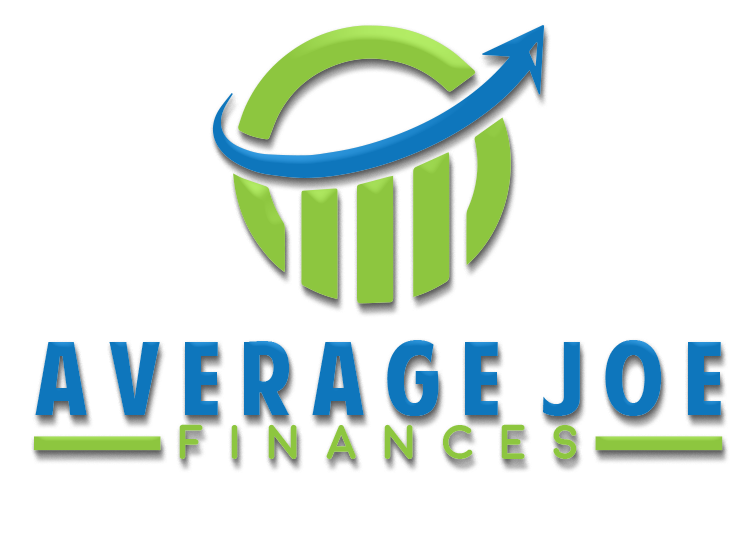For many people, rental arbitrage has become an attractive way to make some extra money. It involves finding a rental property at a low price, then renting it out for more than what you paid for. While this can be a great income opportunity, there are both benefits and drawbacks to consider before investing in rental arbitrage. Let’s take a look at some of the pros and cons of this investment strategy.
What is Rental Arbitrage?
Rental arbitrage is the process of finding a property where the rent is lower than the cost of ownership, and then converting that property into a rental.
The goal is to purchase a property at a low price, and then have the rent payments cover all of the expenses associated with owning that property (mortgage payment, insurance, taxes, etc.), while also leaving a little bit of profit left over. This can be a great way to create passive income and build long-term wealth. Check here if rental arbitrage is right for you or not.
Benefits of Rental Arbitrage
1. Increased Cash Flow
When you invest in a rental property, you can expect to see a monthly increase in your cash flow. This is because you have the opportunity to charge more for rent than your mortgage payment, resulting in a positive cash flow each month.
2. Tax Benefits
Another great benefit of rental properties is the tax breaks you can enjoy as an investor. From depreciation to deductions for interest payments, there are many tax advantages to owning rental properties.
3. Stability & Security
One of the biggest benefits of owning a rental property is the stability and security it provides. Unlike stocks or mutual funds, real estate is a tangible asset that has real value.
4. Leverage
In real estate, as with any investment, you can use leverage to magnify your profits. For example, if you invest $10,000 in a property and it increases in value by $20,000, your return on investment (ROI) would be 100%.

Drawbacks of Rental Arbitrage
1. You Need Time & Resources
For those looking to get into the rental arbitrage business, it’s important to keep in mind that not everyone has the time or resources to invest. While there are many potential rewards, such as a passive income stream and the ability to generate capital gains, rental arbitrage also requires a significant upfront investment of both time and money. Rental arbitrage is not for everyone.
2. Risky & Long-Term Strategy
A property can take a long time to become profitable, which means that there is significant risk involved in the investment. For instance, if the rental market crashes or interest rates rise, it could take years for the property to regain its value. Furthermore, if the property is not managed properly, it could face significant damage that would need to be repaired before it could be rented out again. As a result, rental arbitrage is not for the faint of heart. However, for those willing to take on the risks, it can be a lucrative investment. With careful planning and a bit of luck, an investor can make a considerable profit from rental arbitrage.
3. Not 100% Profitable
When it comes to rental arbitrage, there is no guarantee that property prices will continue to rise. This means that investors could lose money if the market takes a downturn. While the potential for profit is high, so is the risk. Before investing in this strategy, it is important to do your research and understand the risks involved. Those who are willing to take on a higher level of risk may be rewarded with larger profits, but they could also end up losing everything if the market crashes.
4. Difficult & Time-Consuming
Property management can be difficult and time-consuming, particularly if properties are spread out over a large area. If you’re not careful, you can easily end up spending more time and money managing your properties than you’re making in rent. There are a few things you can do to make property management easier and more efficient. First, try to group your properties together in one area. This will reduce the amount of time you spend driving from one property to another. Second, be sure to keep detailed records of all your expenses. This will help you keep track of your costs and make it easier to find ways to save money. Finally, consider hiring a property management company. While this will increase your expenses, it can also save you a lot of time and hassle. By following these tips, you can make property management easier and more efficient, freeing up more time to focus on making money.
5. Hard To Find Good Deals
In rental arbitrage, investors purchase properties to rent out at a higher price than what they paid for the property. While this can be a lucrative investment strategy, it can also be difficult to find good deals on property. This means that investors may not make as much money as they hoped. In addition, the risk of financial loss is higher with rental arbitrage than with other investments. However, if done carefully, rental arbitrage can be a profitable way to invest in real estate.
Conclusion
All in all, rental arbitrage can be a great way to make money—but it does come with its own set of risks and rewards that should not be overlooked. If you have the knowledge and resources available to research potential properties thoroughly before investing in them, then rental arbitrage could potentially be very lucrative for you! Before diving into rental arbitrage full time however, it’s best to gain experience through smaller deals first so that you understand how the process works and how your particular market behaves. With careful planning and due diligence, anyone could turn rental arbitrage into a profitable venture!

